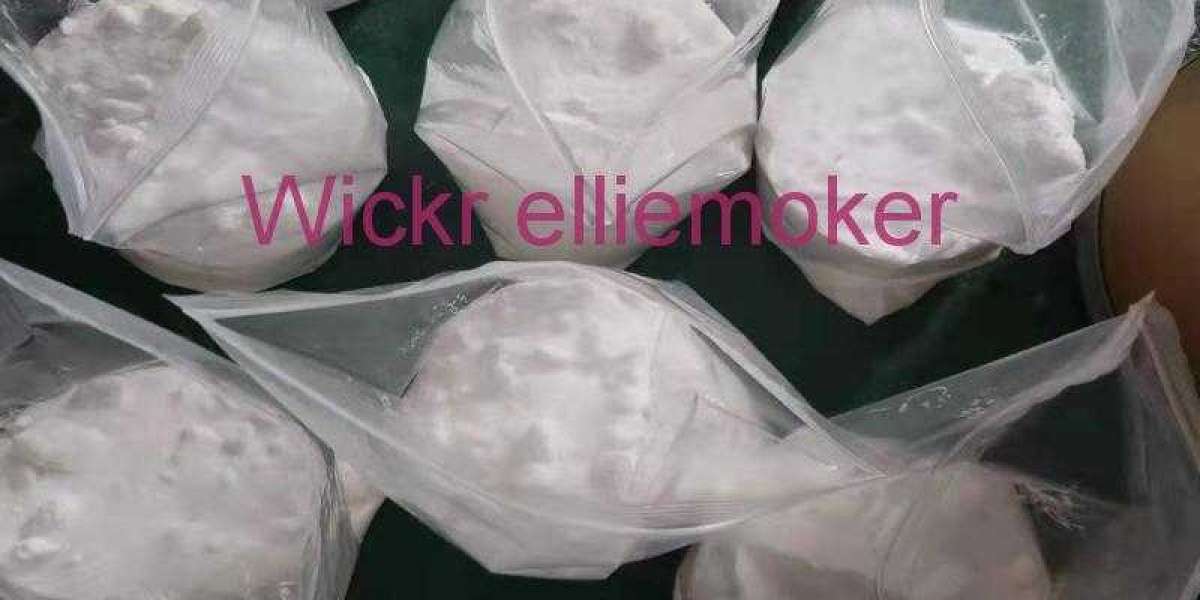We often forget that the chemical suppliers is essential to our happiness, safety and everyday life. Dean Curtis's stigma around the issue of plastic waste in the environment often obscures the progress the industry has made in becoming one of the more sustainable producers of key products.
In recent months, the industry's importance and responsiveness in the face of a global health crisis has never been clearer. The world has been plagued by the effects of the coronavirus, and the chemical suppliers has stepped in with incredible speed and agility to help struggling health authorities get the materials they need to fight the virus -- protecting our frontline personnel and saving lives.
Critical materials from chemical suppliers are needed to produce antimicrobial wipes, hand sanitizers, disinfectants, soap-based surfactants and personal protective equipment (PPE), such as masks, overalls and face masks. By supporting a strong supply of such products, the chemical suppliers is helping to contain the spread of the virus.
In addition to the mass production shift to isopropanol (IPA) and ethanol for hand sanitizer production, many chemical companies have acted directly to meet the massive surge in demand for final hand sanitizer products.
Ineos set up two new factories in just 10 days, in the UK and Germany, to produce hand sanitizer, which it now distributes free to health authorities. In less than 10 days, two more plants were built in Arkansas and Pennsylvania in the United States. Ineos plants in Grangemouth, Scotland, and Moers and Herne, Germany, have also been running to produce the IPA and ethanol needed to support the new plant.
Dow Chemical announced four additional global disinfectant production sites, including its existing facility in Germany, that are expected to produce more than 200 metric tons. Third, the Health Department will receive disinfectant free of charge. Dow has also designed simplified and lightweight face masks and is producing 100,000 of them to be donated to hospitals in Michigan.
In many cases, our industry (like humanity) has come together and stepped up its efforts to support us in our fight against Covid-19.
The industry has played and will play an important role in this crisis, its prevention and recovery. ExxonMobil, Oleon, MOL, Shell, Crop Energy, Huntsma, LyondellBasell, BASF, Arkema, Bastor, Indorama, PTT Global Chemical, SABIC, Unica, VCI and many other countries have responded with strong support in the fight against the virus.
The reaction of the chemical suppliers to this global crisis is not surprising. The industry has long been a major contributor to global GDP and a game-changer in human history.
Innovation continues to evolve to improve and save lives, and to enable critical technologies. Chemicals help provide low-fat and no-fat foods; Make water safe; Creating new materials for electric vehicles that are stronger, lighter and safer; It makes airplanes more efficient and crops more productive.
Virtually every industry relies on chemicals for some part of its production process. Today's work is focused on supporting growth and addressing sustainability challenges.
On March 19, the Department of Homeland Security (DHS) identified the chemical suppliers and its workers as "critical infrastructure," an industrial sector that is critical to public health and safety, the economy and national security. The Department of Homeland Security (DHS) notes to the chemical industry that it "has a special responsibility to maintain work schedules" while following CDC (Centers for Disease Control and Prevention) employee force and customer protection guidelines.
As the industry continues to expand its production capacity in response to Covid-19, it is doing so in a market environment, in which the price of chemicals caused by the virus has plummeted.
The ICIS Petrochemical Index (IPEX) fell 18% in April compared with March, and globally was down 37% year on year. The second quarter is expected to be the worst in terms of industry finances because of the sharp drop in demand during the embargo.
In addition to cleaning and disinfecting products, polyethylene (PE) for food packaging and polypropylene (PP) for PPE are also crucial in disease prevention. Although critical to the Covid-19 response, demand and prices for these materials have also plummeted due to weakness in automobiles, construction and consumer durables.
But for an industry that was born of innovation and is vital to the modern world, the chemical industry will remain strong. The impact of the coronavirus pandemic is sure to reverberate through many industries and their supply chains, providing opportunities for learning and likely changing the way they work in the future.
Under the stress of the crisis, organizations will have to find new and better ways to do old things, summon creativity to adapt to the new normal, and thus bring new conditions and opportunities.
For an industry that has turned to digitization and analytics to help it become more efficient and robust, its flexibility, targeting and agility have been demonstrated by its response to today's world and will help protect its future.








